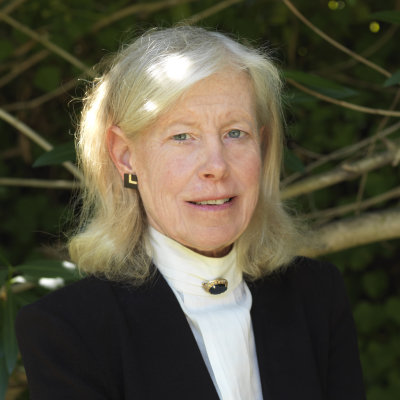Big Law Already Had A Pro Bono Problem. Then The Budget Crisis Happened
Summary
Professor Deborah Rhode weighs in on Big Law’s “pro bono” problem and why some firms operate on the assumption that any pro bono work ‘“is by definition for the public good,’ regardless of whether it addresses society’s most pressing legal needs.”
A story from the last financial crisis illustrates the conflicts inherent in pro bono work at a big law firm—a nexus of pressures that continue today, when demand for volunteer services is more acute than ever.
In the midst of the downturn, the number of homeowners fighting foreclosures was soaring. And young lawyers at Chicago’s Mayer Brown stood to gain valuable experience in chancery court representing them free of charge. There was just one problem: the law firm’s paying clients.
…
With legal aid organizations stretched thin by a combination of fewer public dollars and rising demand, how law firms resolve the tension between their own good and that of the public is critical. Deborah Rhode, a professor at Stanford Law School who has studied pro bono programs, says firms operate on the assumption that any such work “is by definition for the public good,” regardless of whether it addresses society’s most pressing legal needs.
“The business case for pro bono has pretty thoroughly taken hold, especially in large law firms, and we’re still in danger of losing the ‘publico’ from the ideal,” she says.
…
That struggle is one of several factors that have driven the adoption of volunteer services at large firms, according to a 2010 studyE authored by Rhode and UCLA law professor Scott Cummings. Among the other reasons: the growth of firms and the need to train all those new, young associates. Between 1990 and 2008, the average size of the country’s 100 largest law firms surged to 820 lawyers from 375. That growth meant more revenue poured into firms, making it possible to hire full-time directors to formalize and oversee pro bono initiatives.
…
But the programs that resulted often did as much to serve the law firms as they did low-income clients. As Rhode and Cummings wrote in their study, “The organizational imperative to turn a profit inevitably shapes both the amount and nature of public service.”
Read More
